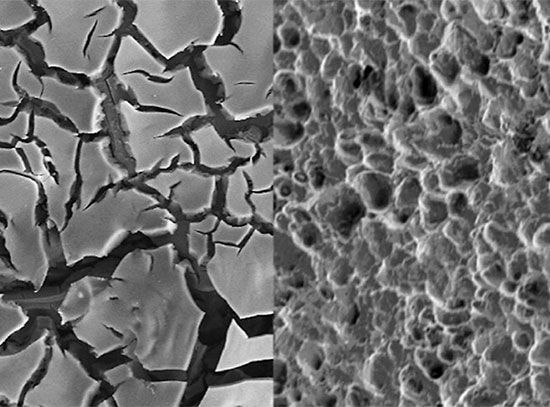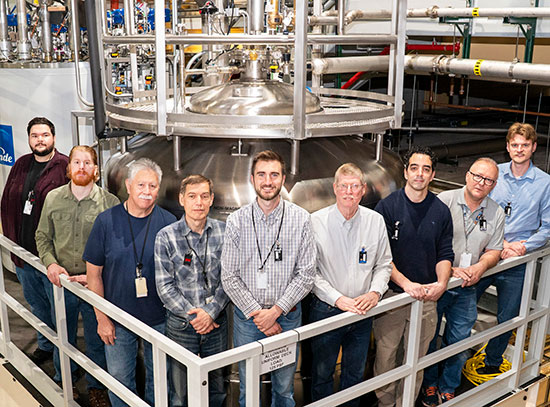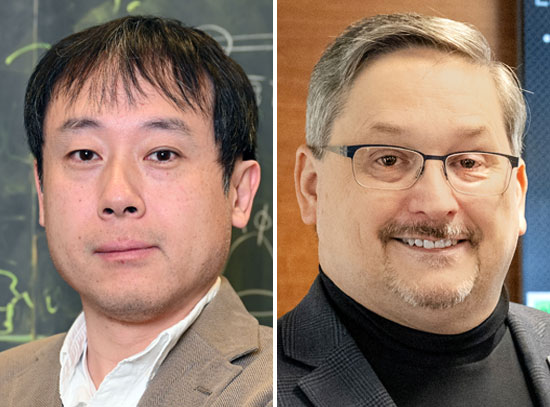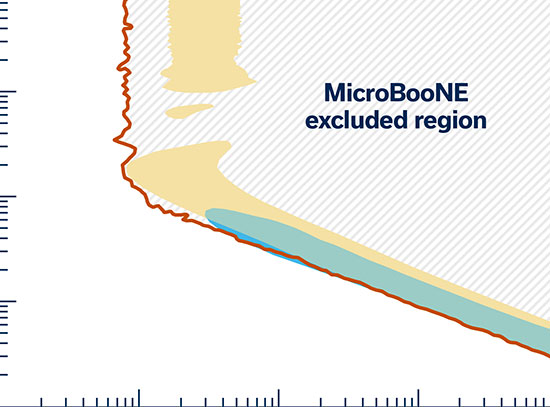Brookhaven Lab Helps Fund 1st African School of Physics
September 16, 2010
Brookhaven National Laboratory was one of 13 science institutions to fund a unique physics program in Africa. The first African School of Fundamental Physics and its Applications brought together 65 students from around the world, including more than 50 from African countries, for three weeks of lectures, discussions, and career-building sessions focused on particle physics experiments, accelerators, and technology.
#IMG1#Most of the students who attended the August 1-21 event at the National Institute of Theoretical Physics in Stellenbosch, South Africa, are pursuing or have completed advanced degrees in physics but lack opportunities to gain specialized knowledge in subatomic physics.
Brookhaven, along with 12 other institutions in the United States, Europe, and Africa, helped pay for the school, including the students’ travel expenses.
#IMG2#Students attended lectures by experts in the particle physics field and participated in small group discussions. They also learned about the benefits of particle physics to society from experts such as Jim Gates, a member of the President’s Council of Advisors on Science and Technology. On their last day, students attended a career workshop where they learned which particle physics institutions offer fellowships and what job opportunities exist.
“It is often the case in Africa that even the best students do not have the needed support to bubble to the top, to acquire the necessary skills to be competitive at the international level,” said Brookhaven physicist Ketevi Assamagan, who is on the school’s international organizing committee and was a lecturer for the program.
Assamagan, who was born in the Central African nation of Gabon and works on the ATLAS experiment at CERN’s Large Hadron Collider, said he experienced those challenges firsthand.
“It was particularly important for me to do something, to be part of something where I could help resolve some of the challenges that students from Africa face,” he said. “It is not to suggest that this particular school has solved all the issues — not at all. However, it is hoped that this school was useful in terms of networking, which in turn will help prepare the students to find practical answers to many issues that they may need to resolve.”
The organizers hope this will be the beginning of a tradition; they plan to host the school every two years.
More information can be found at the African School of Physics website.
2010-1997 | INT/EXT | Newsroom









